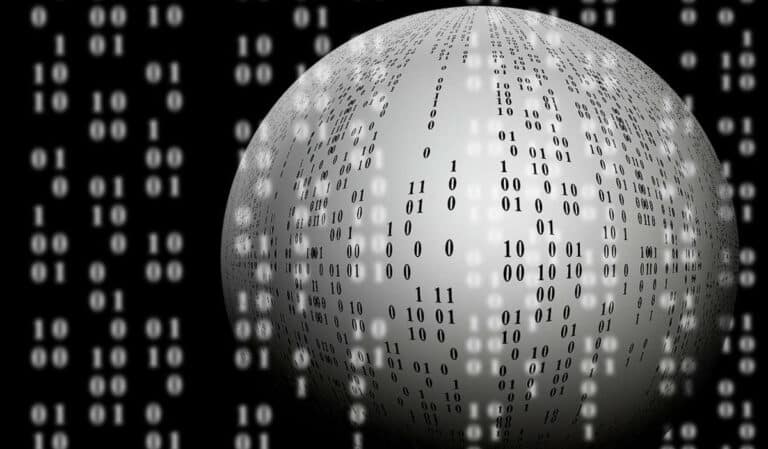The digital revolution has given rise to new concepts. The datasphere is one of them. But what is the datasphere? What are the challenges of the data sphere? Here are the answers.
What is the datasphere?
The datasphere is a new space formed by large digital data sets and the technologies that underpin them. The datasphere is both outside the physical world and at the same time connected to it.
And for good reason: this space only exists thanks to machines and various technological devices.
Although not completely within physical space, the data sphere has been taking up an increasing amount of space since the early 2000s. And this is true for governments, businesses and individuals alike.
Good to know: be careful not to confuse the datasphere with cyberspace. In fact, the latter is more concerned with cyber risk, particularly in view of the constant increase in hacker attacks. The data sphere, on the other hand, goes a step further, taking into account all the issues linked to the digital revolution, such as machine learning, artificial intelligence and Big Data in general.
What are the challenges of the data sphere?
Cyber security
While the cyber risk has existed since the beginning of computer programs, it has exploded since the coronavirus pandemic.
In fact, in France, more than half of all businesses are likely to suffer a hacker attack in 2021. And in this respect, no one is immune. Whether small or large, public or private sector organizations.
This is why it is essential to strengthen the security of the datasphere.
Data processing
If the datasphere occupies such an important place in our societies, it’s also because data is becoming ever more plentiful.
Companies are faced with massive volumes of data. To make the most of this data, you need to be able to process it.
In addition to large volumes of data, the datasphere is also characterized by a wide variety of formats. This lack of uniformity can lead to problems of interpretation.
To meet these challenges, organizations are more than ever in need of data experts, such as Data Scientists, Data Architects, Data Analysts and so on.
Personal data protection
With the multiplication of tools capable of collecting and storing data, organizations now have easier access to the personal information of their customers or even prospects. Yet the right to privacy is one of the fundamental values of all nations.
To protect this right, governments are legislating to regulate the protection of personal data, and the limits of the datasphere.
Technological developments
The datasphere accompanies the digital revolution and the emergence of new technologies: such as algorithms, machine learning, connected objects and artificial intelligence.
To maximize their competitive advantage, companies need to evolve with these technologies. In particular, by calling on data experts.










